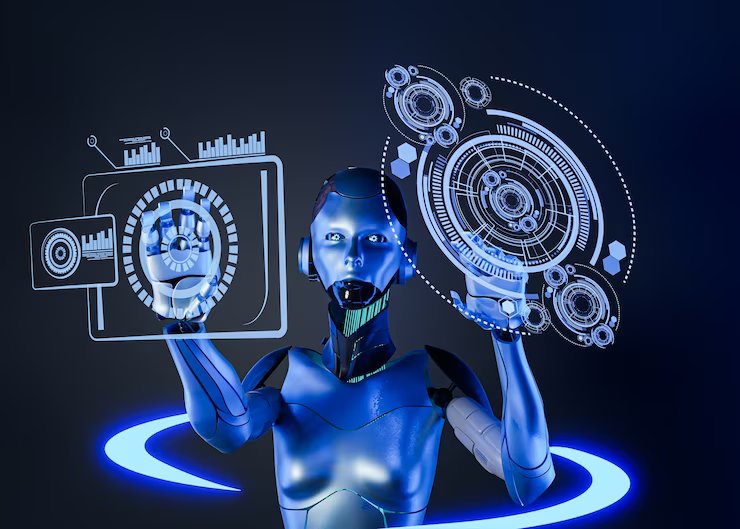The Transformational Impact of AI on Inbound Call Centers
In this digital era marked by rapid technological advancements, Artificial Intelligence (AI) continues to revolutionize countless industries worldwide. Perhaps more surprisingly, it is dramatically transforming the landscape of inbound call centers, gamely stepping up in a heavy customer service-focused sector traditionally characterized by human interaction. Let’s take a closer look at how AI is reshaping the way inbound call centers function and the cascading effects of this exciting evolution.
AI on Inbound Call Centers
Assessing the Status Quo
The operational dynamics of a traditional inbound call center is not without its challenges. Prolonged hold times, extensive call durations, overwhelming call volumes and occasional errors due to manual handling – these are just a few issues that strain the resources of call centers while compromising customer satisfaction. To address these challenges, companies are tuning into the potential benefits of AI-driven call center technology.
AI in call centers
Harnessing the Power of AI

By automating customer interactions and streamlining processes, AI reduces the burden on human representatives, leading to decreased call waiting times and more efficient service. One of the popular AI-implementation tools used in inbound call centers is the interactive voice response system (IVR), which facilitates customer self-service by guiding them through a series of options.
Another impressive illustration of AI’s impact is the deployment of chatbots or virtual assistants. These intelligent software programs can handle a wide variety of customer queries – from resolving common issues to providing detailed product information.
According to a Gartner report, by 2021, AI augmentation will generate $2.9 trillion in business value and recover 6.2 billion hours of worker productivity. AI-assisted communication, according to IBM, can assist in understanding customer sentiment during calls and provide guidance to human agents in real time. This can significantly enhance the quality of customer interactions and resultantly, customer satisfaction levels increase.
Chatbots
Addressing the Concerns

The advent of AI isn’t without its anxieties. Will machines take over human jobs? While it’s true that AI can automate repetitive tasks, it’s also worth noting that certain roles demand the human touch. Tasks such as empathizing with a frustrated customer or thinking critically to resolve complex problems are areas where humans excel.
Moreover, AI augments the capabilities of human agents rather than replacing them outright. With AI taking care of routine tasks, human resources are freed up to tackle more complicated matters requiring complex judgments. Additionally, these technologies also serve as virtual trainers, helping agents fine-tune their service delivery, making them more efficient and effective in their work.
The Road Ahead
The potential of AI in inbound call centers is still untapped. “Conversational AI will be a central part of the future success of any business. The era of digital transformation brings about the perfect storm for Convers AI,” says Adrian McDermott, President of Products at Zendesk.
Embracing AI enables organizations to reposition their call center services from cost centers to profit centers by handling a larger customer base efficiently, thereby driving higher customer satisfaction. Furthermore, Continuous AI improvements will eventually lead to personalized customer-agent interaction, bolstering customer brand loyalty.
Future of AI

In the final analysis, the infusion of AI in call centers presents a bright future for enterprises and customers alike, allowing for more efficient, more personalized, data-driven, and proactive customer service. The potential for further AI expansion, not only within the realm of call centers, is immense. Is your organization ready for the shift? Are you prepared to harness the benefits it affords?

















